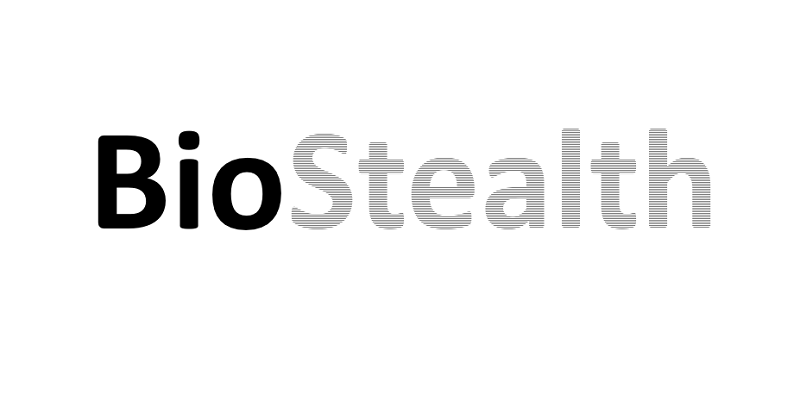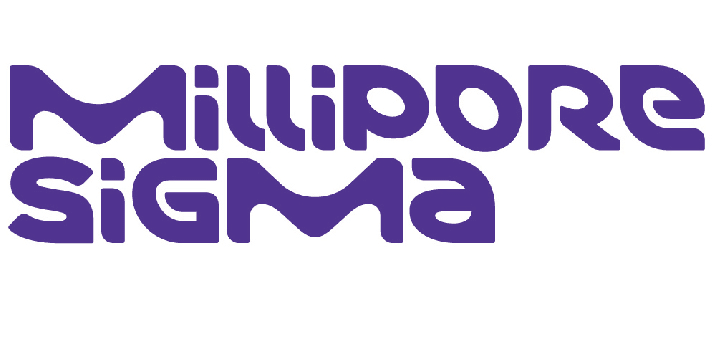The gene therapy industry lacks an analytical method for AAV empty-to-full capsid characterization that combines speed, affordability, precision, and automation, comparable to the robust standards of protein therapeutics. Current methods, while effective, are either time-consuming, costly, or require specialized equipment and expertise, creating a critical need for a purpose-built technology to streamline manufacturing workflows.
A microfluidic chip-based CRISPR diagnostic platform offers a rapid, cost-effective, and precise solution for AAV empty-to-full capsid characterization by leveraging the programmable detection capabilities of Cas12a and fluorescence-based readouts. This technology enables multiplexed detection of AAV genome sequences, including synthetic ITR targets, with high sensitivity (~4.2 pM), minimal material requirements, and compatibility with simple, smartphone-based readers. Combined with washing-free D4 protein quantification assays, the platform could provide a comprehensive, automated analytical tool tailored for gene therapy manufacturing.
This technology has the potential to streamline gene therapy process development, manufacturing validation, and continuous QC characterization.
Successful implementation of this project could pave the way for an additional powerful technique in the biomanufacturing PAT toolbox.
Hetzler, Z., Marinakos, S. M., Lott, N., Mohammad, N., Lass-Napiorkowska, A., Kolbe, J., Turrentine, L., Fields, D., Overton, L., Marie, H., Hucknall, A., Rammo, O., George, H., & Wei, Q. (2024). Adeno-associated virus genome quantification with amplification-free CRISPR-Cas12a. Gene Therapy, 31(5-6), 304-313. https://doi.org/10.1038/s41434-024-00449-x
Login to the NIIMBL member portal to access more, including:
Not yet a member? Learn more about which level of NIIMBL membership is right for you and your organization.

North Carolina State University

Biostealth Inc.

MilliporeSigma/EMD Serono